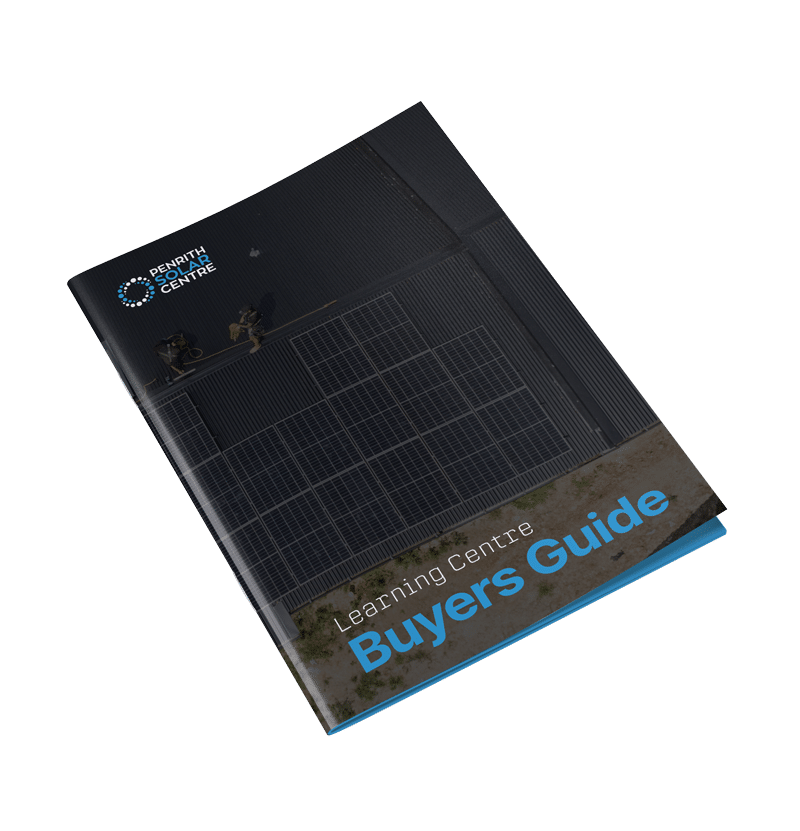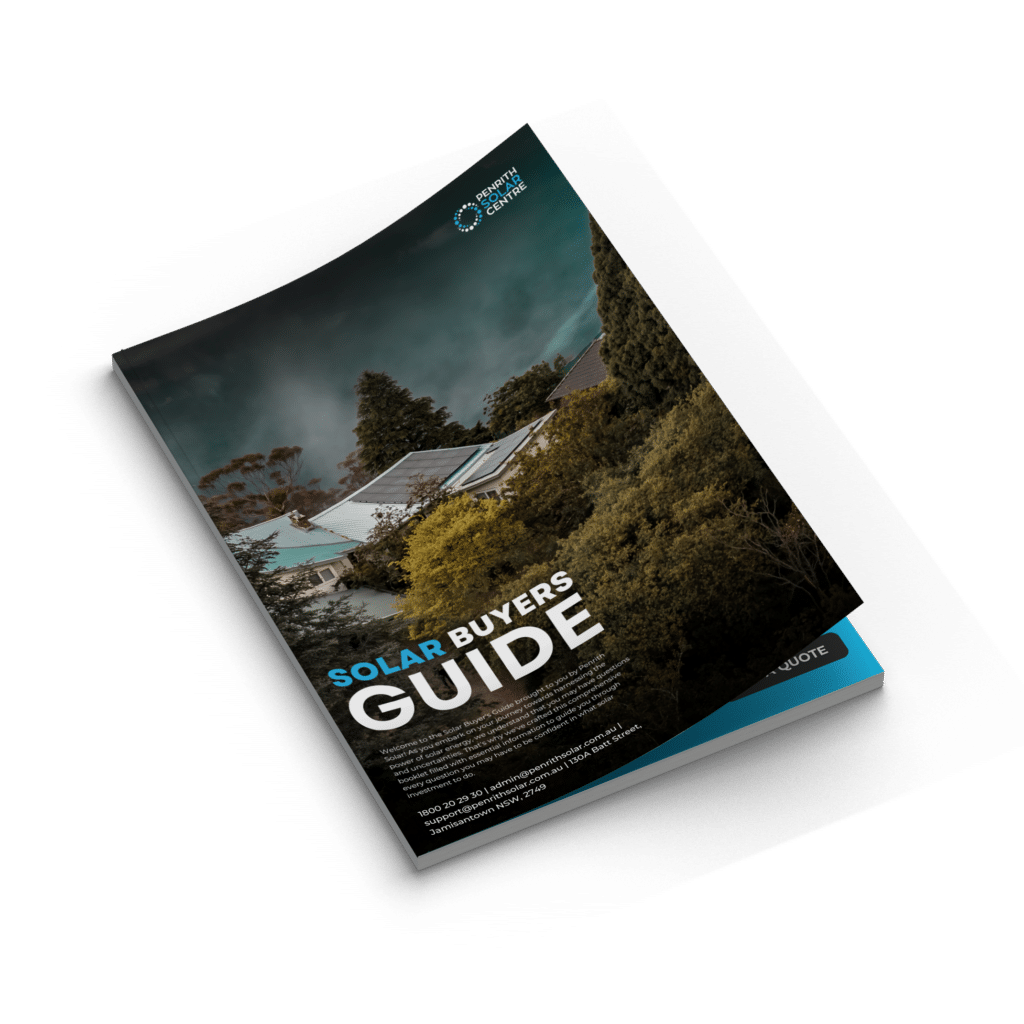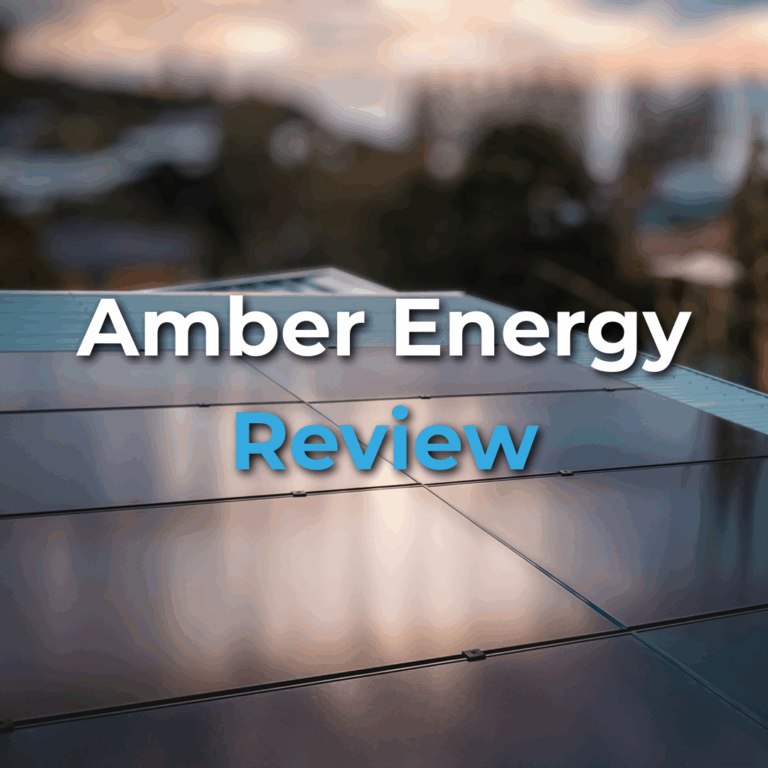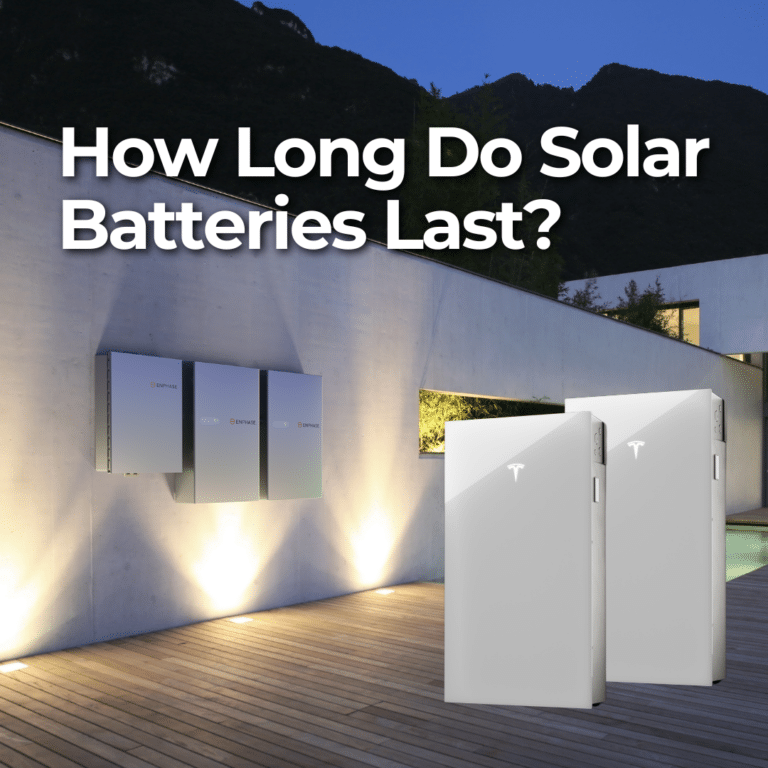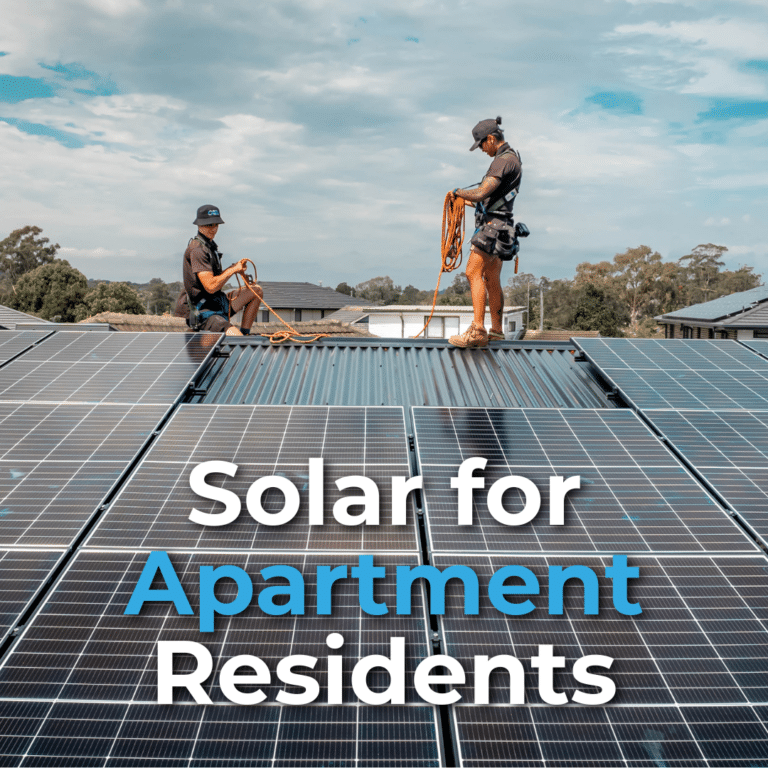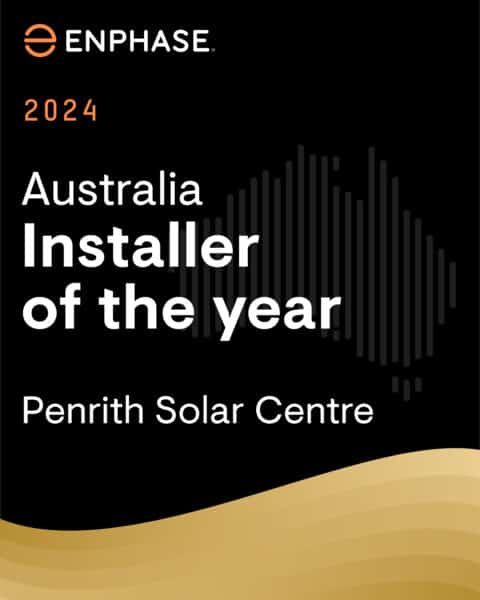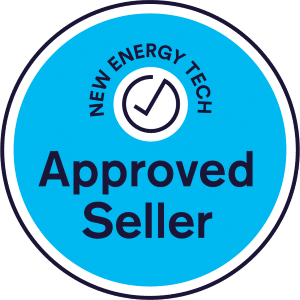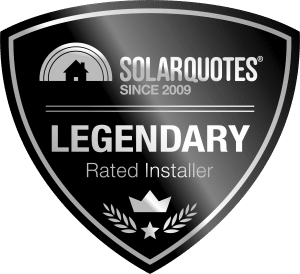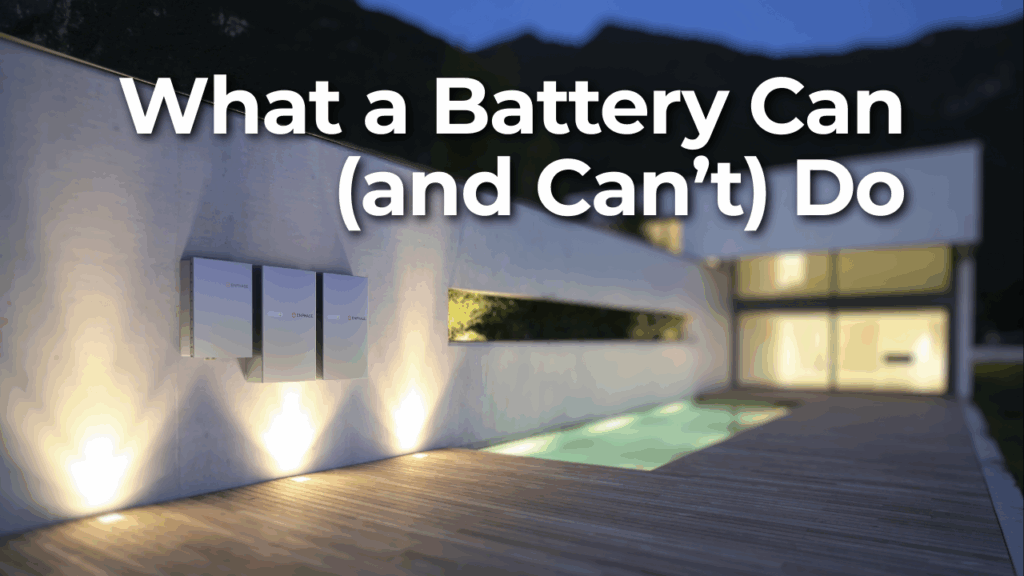
Maybe you’re here because you’ve got quotes from installers and you’re trying to work out what’s real and what’s sales fluff. Or perhaps you’ve already got solar and you’re thinking, “Is it worth adding a battery now?” Either way, you’re not alone and you’re asking the right questions.
Here’s the truth: batteries are extremely useful. But they’re not magic.
At PSC Energy, we educate homeowners so they don’t end up disappointed. We want you to get a detailed explanation of a solar battery’s limits. Once you know what to expect, a battery can be wonderful part of your energy setup.
In this article, you’ll learn about the following:
- What a Solar Battery Can Do
- What a Solar Battery Can’t Do
- When a Solar Battery Makes Sense and When It Doesn’t
By the end of this guide, you’ll get a clear, no-nonsense breakdown of what a home battery can do for you. No jargon. No hype. Just the facts you need.
What a Solar Battery Can Do
Let’s start with the good news. While a solar battery can’t do everything, what it does do it does well. Here’s where batteries earn their keep.
Store your extra solar power: This is the primary responsibility. Solar panels generate the most electricity during the day, often more than your home can use. That surplus gets sent back to the grid without a battery, sometimes for only a few cents per kWh.
With a battery, that extra power is stored and ready to use later, when your panels aren’t producing (like at night). It’s like bottling sunshine for later.
Help you use more of your own power: Every unit of power you store and use from your battery is one less unit you need to buy from the grid. That means lower power bills and protection from rising electricity rates.
This is called self-consumption, and it’s where the real savings begin. Instead of selling your power cheap and buying it back at a higher rate, you simply use your solar when needed.
Protect you in a blackout: If your battery setup includes backup protection, it can keep your lights (and essentials) on during a power outage. But this depends on how your home is connected:
- If your home is single-phase, your whole house can usually be backed up by one battery.
- If you’re on three-phase power, you’ll need a battery that supports three-phase backup to cover your whole house.
- If you use a single-phase battery in a three-phase home, it will only back up one phase. You’ll only have electricity for lighting and appliances on that phase.
A battery can be your safety net during blackouts. Just make sure your installer sets it up to match your home’s wiring.
Shift your usage to avoid peak rates: Power companies love charging more during peak hours, typically in the evening, when everyone’s cooking dinner, watching TV, and cooling the house down. A battery helps you avoid those expensive time slots by using your stored solar instead of paying premium rates. It’s a simple way to dodge unnecessary costs.
Make you less dependent on the grid: If you want to rely less on your electricity provider, a battery moves you in that direction. It won’t get you completely off-grid but it gives you more control.
Think of it as energy independence in stages. With solar panels and a battery, you’re using more of your own power, buying less from your retailer, and depending less on a system you don’t control.
If you’d like to learn a bit more about SigenStor, a solar battery we carry, we recommend you check out the following article titled, Sigenergy SigenStor Review.
Power up your savings. Click here.
What a Solar Battery Can’t Do
Batteries are powerful, but they’re not miracle workers. You will be disappointed if you expect one to run your entire home for days or free you from the grid entirely. Here’s what batteries don’t do and why that’s okay, if you plan for it.
Power your whole house for days: Most home batteries aren’t designed for long-term backup. Even a larger unit like a Tesla Powerwall 3 (13.5kWh) is built for short-term storage: enough to get you through the evening or a short outage. If the sun doesn’t shine for a few days and you still use power, that battery will run out fast. It’s a backup, not a generator.
Fill up fully every day in winter: Battery performance depends on your solar output. If you have a small solar system or it’s overcast for days, your panels may not generate enough extra energy to fill your battery. That’s not a fault in the battery; it’s just how solar works. Less input means less to store. In winter, full charges can be rare unless you’ve oversized your solar system.
Charge and discharge unlimited power: Batteries have limits. Each model has a maximum charge rate (how fast it can fill up) and a discharge rate (how fast it can release power).
The battery might not keep up if you try to run several high-draw appliances at once (like your oven, clothes dryer, and ducted aircon). When that happens, your home draws extra power from the grid. That’s normal, but it’s worth knowing so you’re not caught off guard.
Cut you off from your electricity provider: Some people think installing a battery means you can tell your energy provider to take a hike. Not quite. Unless you’re investing seriously in a large-scale, entirely off-grid system complete with oversized solar, battery banks, and backup generators, you’ll still rely on the grid to some extent. A battery works alongside the grid, not instead of it.
Fix a small solar setup: A battery only stores what your solar panels produce. If your system isn’t generating much, there won’t be anything to store. Adding a battery won’t magically create surplus energy if you’re already using most of your solar during the day to meet household demand. Before investing in storage, make sure your solar system produces enough to justify it.
If you’d like to learn more about Tesla products, we recommend you check out the following article titled, Tesla Powerwall 3 Review: An In-Depth Look at Tesla’s New Solar Battery.
Let’s talk solar savings. Click here.
When a Solar Battery Makes Sense and When It Doesn’t
Now that you know what a battery can and can’t do, the next question is: should you get one? For some households, the answer is a clear yes. For others, holding off or upgrading your solar system might be better.
It makes sense to add a battery if…
You generate more solar power than you use during the day. If your panels consistently export excess power to the grid, a battery gives you a way to capture and use that energy later instead of selling it cheap and repurchasing it at a higher rate.
You’re home in the evenings when your panels aren’t producing. Batteries are most useful when your household uses a lot of power outside daylight hours. If your energy usage spikes after sunset, a battery can reduce what you need to buy from the grid.
You want protection from blackouts. If you live in an area with frequent outages, a battery with backup protection can offer real peace of mind. Just make sure your system is designed to back up the parts of your home that matter most.
You’re trying to future-proof your energy costs. Electricity prices are rising. A battery lets you rely more on your solar and less on the grid, giving you better control of your long-term costs.
A battery might not make sense (yet) if…
Your solar system is too small or underperforming. If you’re not already covering most of your daily energy use with solar, there may not be much left to store. In that case, upgrading your solar first before adding a battery is usually smarter.
You’re not home much and don’t use much power at night. If your household is mostly empty in the evenings and your power usage is low, it might take longer to see value from a battery.
You’re expecting it to replace the grid. Batteries reduce your dependence but they don’t eliminate it unless you’ve fully committed to going off-grid. The battery works best for most people as part of a hybrid setup, not a replacement.
If you’re interested in learning a bit more about IQ Batteries, you might want to check out the following article titled, Enphase IQ Battery 5P Review.
Ready to go solar? Click here.
Solar Batteries: We Can, Can, Can!
A solar battery can be a brilliant addition to your home energy setup if you go in with clear expectations. Here’s what to keep in mind before you buy:
- A battery stores your excess solar power so you can use it later, not sell it cheap and buy it back at a markup.
- It can protect you during blackouts, but only if it’s set up correctly for your home’s wiring.
- It helps you avoid peak electricity rates by powering your home during expensive times of day.
- It won’t power your home for days or work miracles in winter. Its performance depends on your solar output.
- It’s not a shortcut to going off-grid or fixing an underperforming solar system.
- It makes the most sense when your solar is already working well, your household uses power at night, or you want protection from blackouts.
Bottom line: a battery gives you more control, efficiency, and energy independence. Go in with the right mindset, and you’ll avoid disappointment.
At PSC Energy, we know that if you’re seriously considering adding a battery, we need to make sure your solar system is up to the task first. And don’t be afraid to ask us the tough questions. We answer them honestly and with complete transparency. It’s what we do.
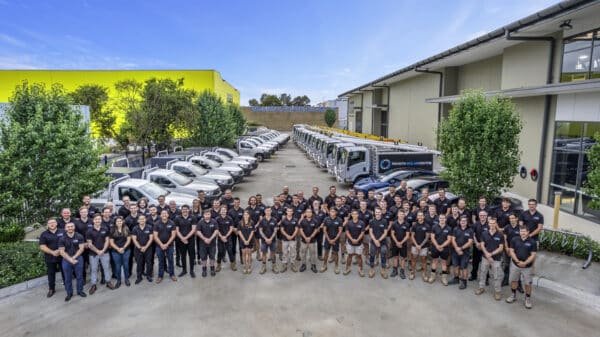
If you’re interested in learning a bit more about the federal solar rebate, also known as the Federal Cheaper Home Batteries Program, you might want to check out the following article titled, What the 2025 Federal Election and the Government Rebate Means for Solar Batteries in Australia.
FAQ: What a Solar Battery Can Do
What does a home battery actually do?
It stores your extra solar power during the day and lets you use it later, usually at night. You use more of your own energy and buy less from the grid.
How does a battery lower my power bills?
It increases self-consumption. Instead of exporting solar for a few cents and rebuying power at a higher rate, you use your stored solar when you need it.
Will a battery keep my home running in a blackout?
Yes, if your system includes backup wiring. On single-phase homes, one battery can usually back up the whole house. On three-phase homes, you need true three-phase backup to cover the whole house. A single-phase battery on three-phase backs up only one phase.
Can a battery power my whole house for days?
No. Most home batteries are built for short-term use, like evenings or short outages. If you use power for days with little sun, the battery will run out.
Will my battery fill up every day in winter?
Not always. Winter sun is weaker and days are shorter. If your solar system is small or it is overcast, the battery may not fully charge.
Can a battery run lots of big appliances at once?
Batteries have charge and discharge limits. If you run several high-draw appliances at the same time, your home may still draw extra power from the grid.
Does a battery make me off-grid?
No. A battery reduces your dependence on the grid but does not replace it for most homes. Full off-grid setups need larger solar, big battery banks, and often a generator.
Should I add a battery if my solar system is small?
Not yet. A battery only stores what your panels produce. If your system rarely has surplus, upgrade solar first and add storage after you have excess.
When does a battery make the most sense?
It makes sense when you export a lot of solar, use more power after sunset, want blackout protection, or want to future-proof against rising electricity prices.
When might a battery not make sense?
It may not make sense if your solar is undersized, you use little power at night, or you expect the battery to replace the grid entirely.
How should I think about single-phase vs three-phase backup?
Match the battery and backup design to your wiring. Single-phase homes are straightforward. Three-phase homes need a battery that supports three-phase backup if you want whole-home coverage.
What mindset should I have before buying?
Treat a battery as a smart way to use your own solar, trim peak-time costs, and ride through short outages. It is powerful, but it is not magic. Set clear expectations and design it to fit your home.

